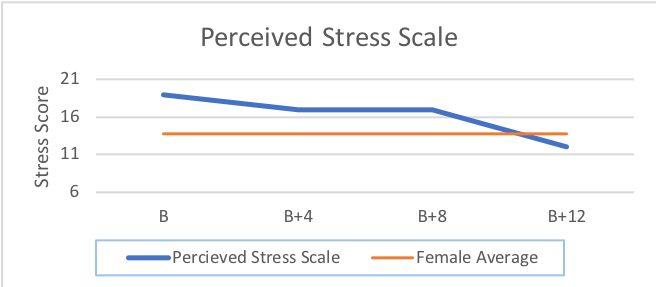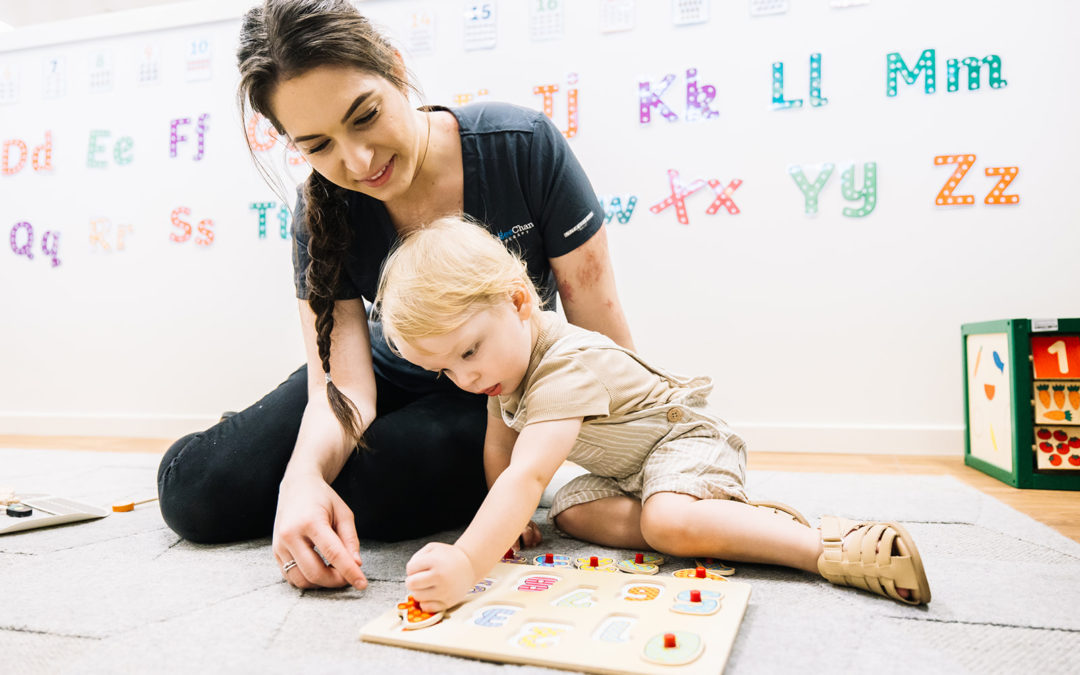At SeeChange Therapy (SCT) we know that creating positive change in a child’s life does not stop at the child. Instead, our ethos is to provide a service that reaches the whole community of the child. This includes parents, grandparents, siblings, extended relatives, daycare educators, teachers, childminders, instructors, and therapists. Our reach is not limited to those to actively seek and engage our service either. We aim to promote the health and welfare of our community as a whole. As such, SCT is a committed Social Enterprise, giving back advice, education, training, and therapy to our community so as to support the healthy development of every child.
SCT will focus on a different social enterprise project each term, and we invite suggestions from our community.
SCT opened its doors in February 2020, on the same site as Making Waves Early Education Centre (MWEEC), SCT’s sister company.
As fun and rewarding as working in childcare can be, it is by nature, a high stress occupation.Stress can impact on both an individuals’ psychological and physical wellbeing, while prolonged stress can lead to burnout characterised by emotional exhaustion, depersonalisation and compassion fatigue (Bakker and Heuven, 2006).It has been documented that the psychological wellbeing of Early Childhood Educators (ECE) can affect the development the children they work with (Jeon, Buettner & Ashley, 2018).
Knowing the detrimental impacts of stress of the psychological and physical welfare of educators and the development of the children in their care, SCT committed themselves to reducing stress and building resilience in the MWEEC workforce.
SCT’s psychologist researched the latest literature on the causes of stress in early childhood educators and then explored evidence-based interventions for stress reduction and resilience building in this population. A proposal was created which highlighted seven interventions that MWEEC could take to reduce the staffs experience of stress. The MWEEC Director took on-board all recommendations, implementing changes in rostering, and day-program structure, increasing management availability, and staff support network, introducing staff social events, in line with social distancing regulations, and implementing stress management and resilience building training for all staff.
The stress management and resilient training took the form of a six-week interactive workshop delivered by the SCT psychologist to small groups of MWEEC staff. The workshops covered information on stress in early childhood educators, it’s causes and impacts on health. Staff were then taught how to complete structured problem-solving to reduce their stressors, practiced techniques to control their psychological symptoms of stress such as breathing, grounding, mindfulness, and thought changing exercises, and were educated on resilience-building skills such as meditation and self-care. Finally, staff were provided with exercises to introduce into the daycare to help the children they support to regulate their own emotions and practice resilience building.
Staff stress data was collected using the Perceived Stress Scale and resilience was measured using the Brief Resilient Coping Scale before the workshop began (Baseline, B). These questionnaires were then collected four weeks into the six-week workshop (B+4), two weeks following the workshop end (B+8) and again another four weeks later (B+12) to examine the lasting effects of the training.

The data revealed that at baseline, MWEEC average staff stress score was 19 of a possible 40, with the female average (all staff were female at the time intervention) being 13.7. At B+4 and B+8, the average stress score had reduced and stabilised at 17, and at B+12, the average staff stress score was 12, falling below the female average in the standardisation sample.

Staff average resilience score at baseline was 13.5 out of a possible 20, with high scores corresponding to higher resilience. The baseline score place staff in the Low Resilient Copers descriptive category, and this score was consistent at B+4. At B+8, the average resilient score had increased to 14.5, placing staff in the Medium Resilient Copers category, and at B+12, the average score had crept up to 14.9 and remained in the Medium Resilient Copers category.
In total, 45 hours of SCT time was dedicated to stress reduction and resilience of MWEEC staff through term 2 of 2020, with 21 staff being directly impacted by the workshop and company changes. Although the indirect effect of the intervention on the children within the daycare cannot not be measured, MWEEC staff and parents have commented on how much more excited the children are to go to daycare.
In addition to the staff stress reduction project, SCT therapy staff also provided training to MWEEC educators on supporting children with additional needs and began probono therapy to a selection of children in MWEEC showing signs of developmental delay or emotional dysregulation.
In Term 3, 2020, SCT’s social enterprise focus was on boosting the development of children in MWEEC who had been highlighted by their educators as showing signs of delay in one or mare developmental domains. Watch out for our next blog to see how this went.

Right here is the perfect blog for anyone who really wants to understand this topic. You know so much its almost hard to argue with you (not that I really will need toÖHaHa). You certainly put a new spin on a topic which has been written about for ages. Great stuff, just wonderful!
I was pretty pleased to find this great site. I want to to thank you for ones time just for this fantastic read!! I definitely really liked every little bit of it and I have you book-marked to see new stuff in your blog.
Good post. I learn something new and challenging on websites I stumbleupon every day. Its always helpful to read through articles from other authors and use something from other websites.
Right here is the perfect webpage for everyone who really wants to find out about this topic. You understand a whole lot its almost tough to argue with you (not that I personally would want toÖHaHa). You definitely put a fresh spin on a topic thats been written about for years. Wonderful stuff, just wonderful!
Good post. I learn something totally new and challenging on blogs I stumbleupon on a daily basis. Its always useful to read content from other authors and practice something from their websites.
Greetings! Very useful advice in this particular article! Its the little changes that will make the biggest changes. Thanks for sharing!